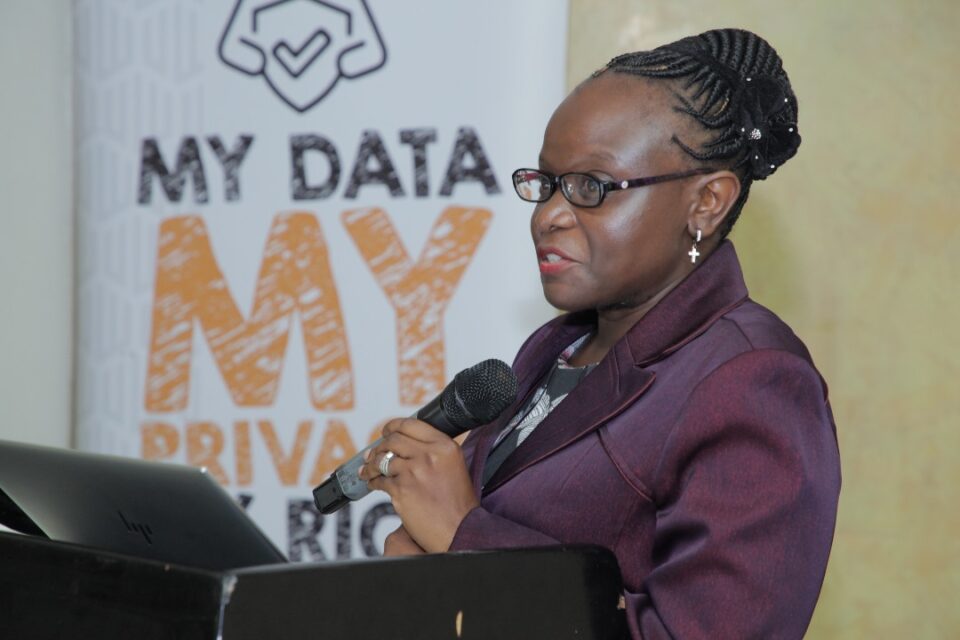COVID-19: Exposing the hollowness in Uganda’s legal regime towards misinformation management

During the first few months of the outbreak, governments around the world focused on managing the spread of COVID-19 misinformation, relying on stringent transmission control measures. With the Internet providing a lifeline in public and private space to access critical information, the criminalization of information false or true over the digital space has potential to cause divided responses to the pandemic and future vaccination campaigns.
Efforts to curb a pandemic spread are not only grounded in scientific facts but also in social misconstructions that need to be investigated to provide corrections. Research has shown that although people may know what the scientific community has proved as a fact, they may refute it. Exposing this are the conspiracy theories around age, climate, origin, 5G technology and cures that have formed the biggest challenges around the COVID -19 misinformation debate.
In line with the above, the Uganda Communications Commission (UCC) issued directives on the 22nd March 2020 geared towards criminalizing misinformation. Part of the statement read:
| UCC takes exception to this criminality and wishes to advise that any persons found to be engaging in creating, initiating the transmission of, circulating, and/or forwarding, fake stories and misinformation using communication facilities, service or applications shall be apprehended and prosecuted for offending the Computer Misuse Act, 2011, the Data Protection and Privacy Act, 2019 and/or other Penal laws of Uganda. |
However, the use of the Computer Misuse Act 2011, Data Protection and Privacy Act laws 2019 to manage misinformation causes a blurred line because these laws don’t have sections that define what constitutes misinformation, fake news and disinformation neither a specific law in this regard. Even in the penal code Section 50, the definition of false news is not contextualized. This is bound to give unchecked prosecution powers to enforcers to determine what falls under false news or misinformation a move that is bound to cripple expression freedoms.
It’s paramount in such incidents, the burden of proof rests with courts of law to determine whether a person’s expression is true or false observing a right to a fair hearing and privacy enshrined in article 28 and 27 of the 1995 constitution of Uganda respectively.
Manipulating cyber laws to suppress opinion and expression online taints the country’s human rights record because the International Covenant on Civil and Political Rights, (ICCPR) Article 19 (3) provides narrow grounds on which governments may restrict the freedom of expression, requiring that any limitation be provided by law and be necessary for respect of the rights or reputations of others.
In a free debate, freedoms of expression must be protected to give a “breathing space” for actions only to be limited by reckless disregard of others. A lot of untrue statements have been published in error but without malicious intent. Misinformation by principle originates from an innocent spread with no criminal mind to cause harm and violence.
The UN Special Rapporteur on freedom of expression, observed that criminalization of misinformation would lead to censorship and the suppression of critical thought noting that: to overcome infodemics, governments have taken measures that increase state surveillance and disproportionally limiting freedom of expression and effective communications
Any measures in controlling the pandemic should adopt guidelines that foster privacy and expression freedoms because they are at the core of upholding non-derogable rights like the right to health/life, right to a fair hearing, rights against torture liberating people to freely speak, and interact online, a space that is effective in fostering social distancing measures.
Adopting non-punitive measures in addressing the misinformation doesn’t only cut on government expenditure spent on arrests, court proceedings and incarceration of suspects or convicts of misinformation but provide cost-effective clear fronts upon which the pandemic can be controlled and managed.
Non-Punitive measures to managing misinformation
The collection and access to sensitive personal data should be stopped. The absence of such data weakens the polarization loops blunting the paradigm shift from misinformation to disinformation grounded in profiling and targeting. The absence of users’ data on political beliefs, age, location, and gender etc. disorients the chain of disinformation message replication over the social media platforms.
Governments should tackle misinformation by being transparent about their responses to the pandemic, encouraging the sharing of verified information. In principle the best control to bad speech is more good speech with legitimate clarifications from authentic and authoritative sources, through which citizens can rationally be persuaded
The government should adopt regulations that clearly define what constitutes fake news/misinformation. The fact-checking apps initiatives over social media and online platforms should certify the human rights impact assessments detailing on data protection and privacy rights.
The role of journalists as public watchdogs should be preserved because they are crucial in exposing serious errors or lack of resources in the management of COVID-19 reporting on matters of bed capacity, ventilators, tests kits and new cases.
As social media companies continue to work with the WHO and health authorities to promote the dissemination of accurate, authoritative information, it’s paramount to ensure that adverse actions taken against misinformation are based on clear and transparent policies backed by due process guarantees entrenched in international human rights law.
The right to information and expression freedoms form a firm foundation in the fight against COVID-19. Public health responses during pandemics rely heavily on the free flow of information that is able to divert masses from misconceptions to practical solutions, than enforced silence.




